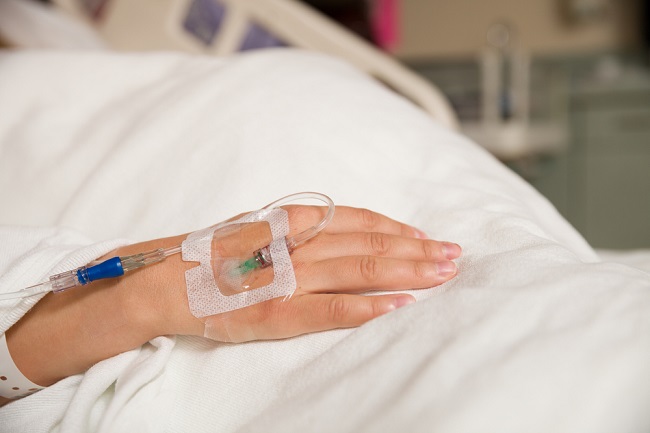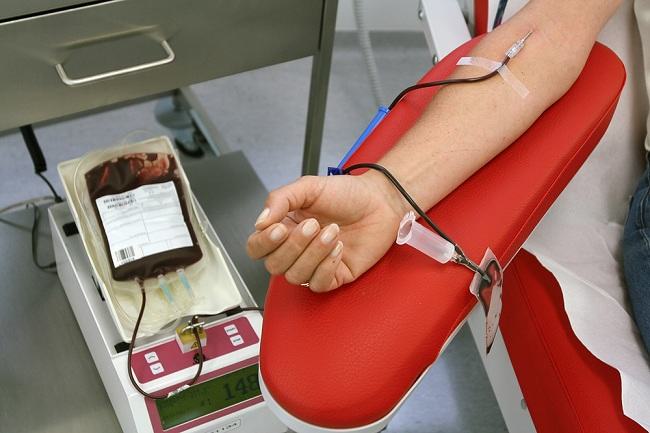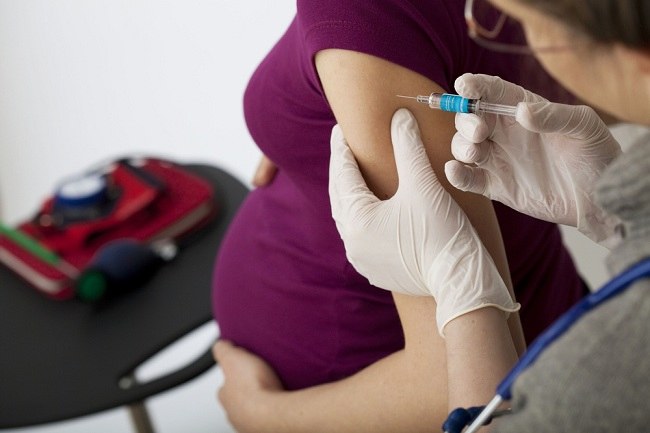Rib injuries can be caused by various things, such as accidents and prolonged coughing. The risk of this injury may even increase in people with osteoporosis. However, with proper treatment, injured ribs can recover as before.
The ribs play an important role in protecting the chest cavity and the vital organs in it, namely the heart and lungs. However, a strong impact or certain medical conditions can cause the ribs to become brittle, crack, or break. This condition is generally characterized by pain, bruising, and swelling in the injured bone.

However, with proper treatment, injured ribs will heal within 3–6 weeks. This can happen because the ribs are able to restore their structure naturally.
However, the length of the recovery process for a rib injury depends on the severity of the injury and the health condition of the sufferer.
How to overcome Rib Injury
For minor rib injuries, there are some simple things you can do to treat them, namely:
1. chest compress
To relieve swelling and pain, you can compress the chest area regularly. Use an ice cube or frozen food wrapped in a towel and place it on the painful rib for 10–20 minutes. Do it 3 times a day.
2. Kconsumption drug reliever sick
To overcome the pain that is classified as mild, you can take painkillers such as paracetamol. Pay attention to the use of drugs according to the instructions on the packaging and doctor's recommendations. For severe pain, pain relievers are usually needed in the form of injections that must be obtained with a doctor's prescription.
3. Lbreathing exercises
When your ribs are injured, you will feel pain when you take a deep breath. In fact, you are advised to keep breathing normally to prevent the risk of developing pneumonia and help the body remove mucus from the lungs.
Well, to help you breathe normally, you can try breathing exercises. This exercise should be done when the pain has reduced and you can breathe more comfortably.
Breathing exercises can be done by inhaling deeply until the lungs are fully developed, then exhale slowly. Repeat 10 times every 2 hours.
4. Avoid close injury with bandage
Keep in mind that injured ribs, such as bruises, cracks, or fractures, should not be covered with a bandage wrapped around the chest area. The pressure from the bandage on the upper body can block breathing and increase the risk of pneumonia.
5. Multiply irest
When you have a rib injury, you are advised to get more rest and reduce physical activity. This can speed up the injury recovery process, especially if the injury is severe and very painful.
6. Avoid lying down too long
During the recovery period, it is recommended that you sleep with your head slightly elevated. However, avoid lying down for too long or staying in the same position for a long time.
In the first few days, you can still walk at home and do light physical activity to help the body remove phlegm and mucus from the respiratory tract.
7. Use a pillow if you cough
When you feel like coughing, use a pillow or thick blanket to protect your chest from shaking. You are also not advised to drive a vehicle and carry or lift heavy loads until conditions improve. Also avoid straining too hard, smoking, and consuming alcoholic beverages.
If your rib injury does not improve with the methods above or is accompanied by symptoms of high fever, shortness of breath, coughing up blood, and pain in the abdomen or shoulders, do not hesitate to immediately consult a doctor so that you can get the right treatment. .









